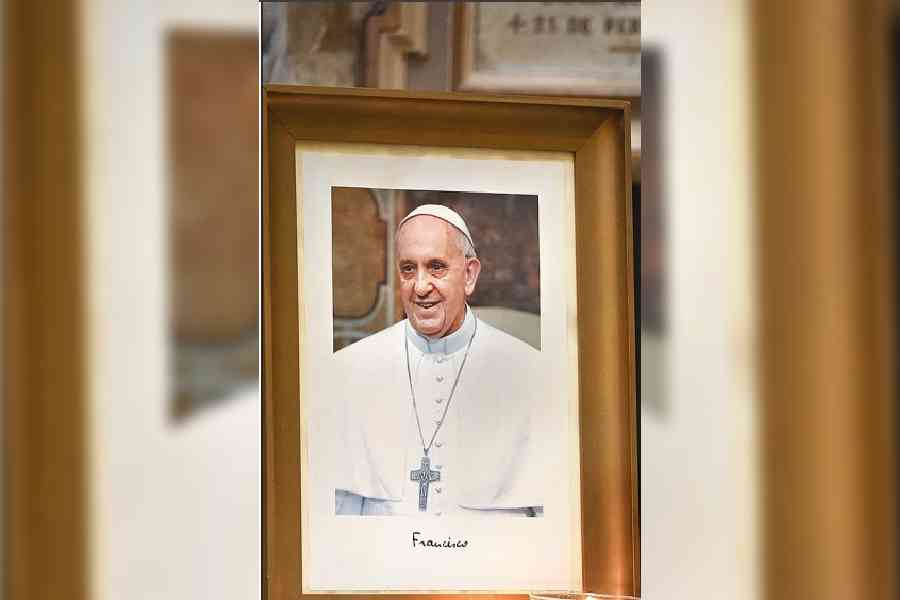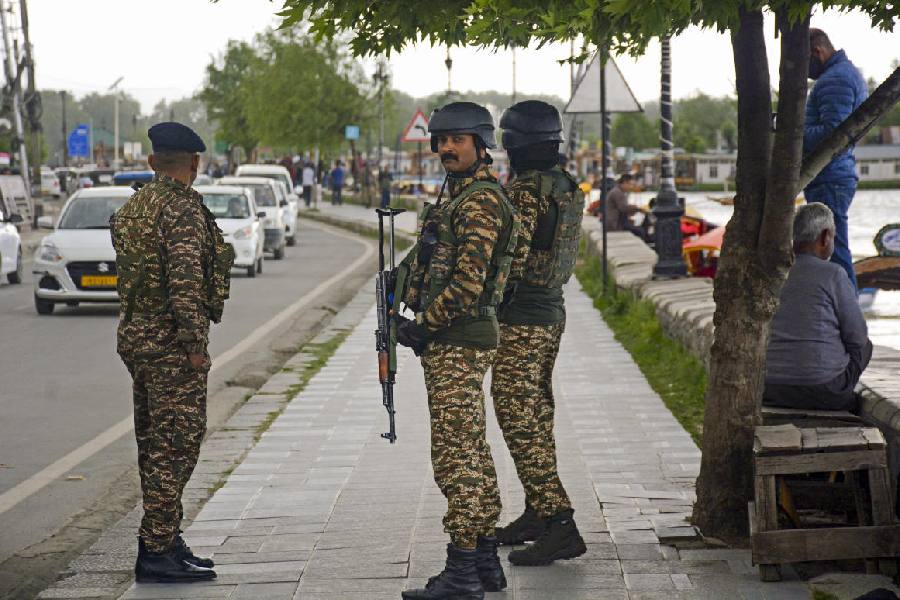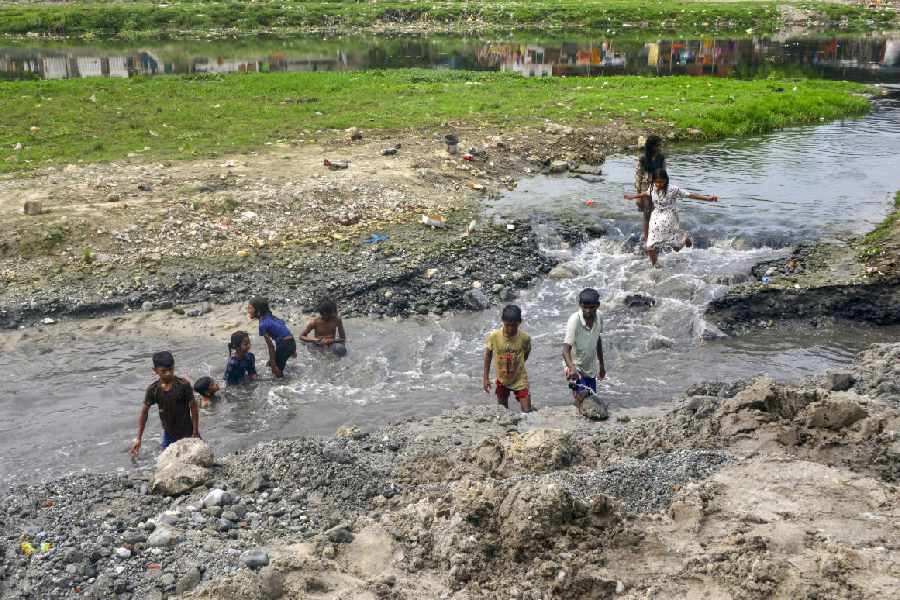Pope Francis has been a transformative leader since his election in 2013, bringing a fresh perspective to the papacy. Born Jorge Mario Bergardo, he chose his papal name in honour of Saint Francis of Assisi, known for his humility, simplicity and dedication to rebuilding the Catholic Church.
Unique leadership style
From the outset, Pope Francis embodied the qualities of great religious leaders, including Saint Peter and Saint Paul. His humility and sense of humour were evident when he told the cardinals who elected him, “May God forgive you for what you have done”.
Breaking with tradition, Francis opted for a simple white cassock and cross instead of formal papal attire. He also chose to ride a bus with the cardinals and pay his hotel bill, setting a tone for a more humble and servant-like papacy.
Fresh perspective
As the first Jesuit Pope, the first from the Americas and the first from the southern hemisphere, Pope Francis brought a distinct perspective to the role. He was a vocal advocate for social justice, particularly regarding poverty, inequality and environmental degradation. His commitment to interfaith dialogue promoted greater understanding and cooperation between different religions.
Advocacy & reform
Pope Francis was a strong critic of economic injustice, speaking out against the exploitation of the poor and the environment. He highlighted the way the poor were treated in the world, the way the planet was exploited and the way the poor bore the main cost of the ecological crisis.
In 2019, he travelled to the United Arab Emirates, where he presided over a historic Mass on the Arabian Peninsula and addressed pressing global issues, including migration and climate change.
He reignited his influence as a global environmental leader with the release of his impassioned 94-page Apostolic Exhortation Querida Amazonia (Dear Amazon) on February 2, 2020. This document addressed the fate of the Amazon biome and its indigenous people, who faced deforestation, illegal logging, mining, ranching and agribusiness in Peru, Bolivia, Colombia and Brazil.
Despite facing criticism and controversy, particularly regarding his handling of clergy sexual abuse cases and his Apostolic Exhortation Amoris Laetitia, Pope Francis remained committed to reform and renewal within the Church.
Vision for the Church
Pope Francis marked 12 years of his Petrine ministry on March 13, 2025. During his papacy, a deeper understanding and appreciation of his leadership and his place in the larger context of contemporary Catholicism came into view. There was a widespread recognition that he had revived the vision of Vatican II for the Catholic Church. Consequently, his leadership was attentive to contemporary concerns of the Church and the world, such as migration, refugees, economy of exclusion, climate change, and marriage and family.
Dialogue, inclusivity
Pope Francis saw the importance of dialogue with religions, Churches, science and society for the common good. He encouraged pastoral care for L.G.B.T. individuals and was willing to discuss matters of women’s leadership in the Church and married clergy. He dreamed of a synodal model of collegial leadership in the Church, giving due space to local Churches across the globe and working together through the challenges of the modern world, along with other faiths and ideologies, for the advancement of humanity.
Lasting legacy
Pope Francis’s first apostolic exhortation, Evangelii Gaudium (The Joy of the Gospel), provided insight into the priorities of his pontificate. Through the powerful and stimulating messages of LaudatoSì (Praise Be) and Amoris Laetitia (The Joy of Love), Pope Francis connected with a humanity that hungered and thirsted for a message of hope, compassion and consolation. His leadership, his commitment to reform, renewal and social justice remained unwavering, leaving a lasting legacy that extended far beyond the Catholic Church.










